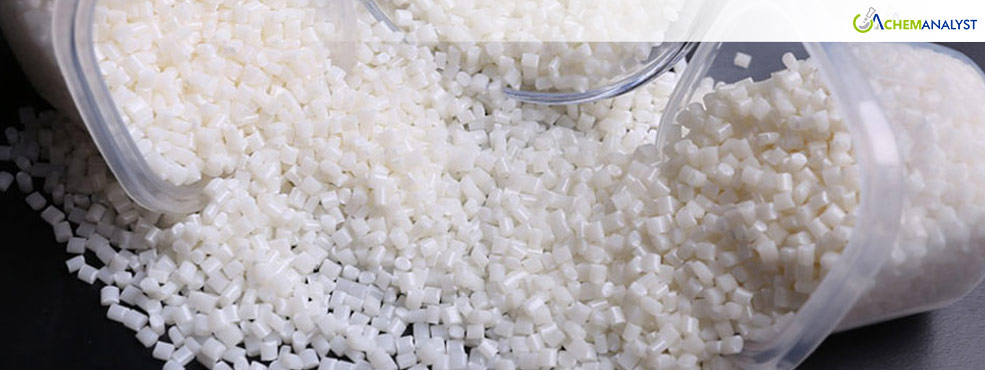Welcome To ChemAnalyst

Michelin Japan Tire Co., Ltd., the Japanese subsidiary of the global tire manufacturer Michelin, has announced a significant price increase for its Michelin and BFGoodrich brand tires, effective in the coming months. The decision follows continued upward pressure on the cost of synthetic rubber, driven largely by soaring cost of raw materials like Butadiene through most of the year 2024, which have now risen for the fourth consecutive quarter. This increase in raw material costs is not only impacting tire prices but is also contributing to a shift in Japan’s automotive industry, where re-importation of vehicles from India is becoming a growing trend.
The price increase is attributed to the sharp rise in the bulk prices of synthetic rubber, particularly the Butadiene-rich varieties used in the production of automobile tires and parts. Butadiene, a crucial component in the production of synthetic rubber, has seen substantial price hikes since the advent of 2024, a trend whose effect is expected to persist through January 2025. This price surge in downstream materials is further compounded by rising logistics and labor costs, both of which have further strained manufacturers.
On similar lines, the bulk price for synthetic rubber—set by domestic petrochemical companies that supply major tire manufacturers—has been rising steadily, and it reflects fluctuations in raw material prices. In particular, types of synthetic rubber with a high Butadiene content have seen the most significant price increases. These combined factors have led to a situation where tire manufacturers can no longer absorb the increased production costs, prompting them to pass on these costs to consumers.
Simultaneously, the rising costs of raw materials like Butadiene have had a significant impact on the broader automotive industry in Japan. To keep vehicle prices competitive in the face of escalating production costs, many automakers have increasingly turned to re-importation of vehicles from countries with lower production costs. A prominent example is Suzuki, which has begun re-importing a small SUV produced in India. This vehicle, manufactured in India where Butadiene and other materials, and labor costs are lower, was introduced into the Japanese market in October as part of Suzuki's strategy to maintain affordable prices despite the rising costs of domestic manufacturing.
In conclusion, the continued rise in Butadiene prices is significantly affecting the tire and automotive sectors in Japan. Michelin Japan’s decision to increase tire prices reflects the broader pressures caused by the abnormal hikes showcased by Butadiene in 2024. Meanwhile, the growing trend of re-importing vehicles from India offers a glimpse into how the automotive industry is adapting to these cost challenges. However, with the approaching year-end, the quotations of Butadiene tanked by double-digits in November all across the world, offering some relief for the first quarter of 2025. Therefore, both sectors are navigating an environment where challenging conditions are forcing price adjustments and reshaping market dynamics.
We use cookies to deliver the best possible experience on our website. To learn more, visit our Privacy Policy. By continuing to use this site or by closing this box, you consent to our use of cookies. More info.
